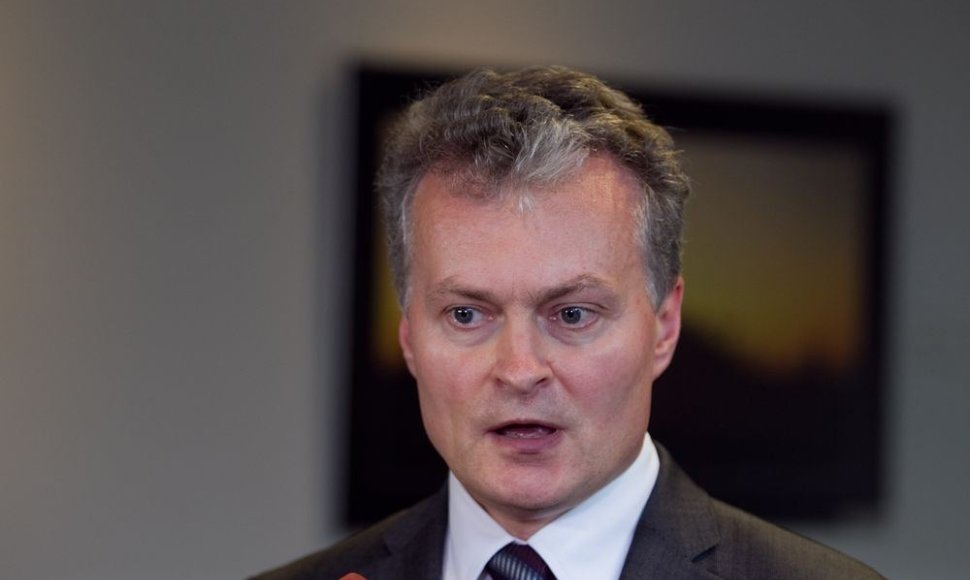Lithuania has arguments why it needs more aid, but the question is how much less well-to-do European nations will succeed in steering the talks in a direction favorable to them, the economist says.
"I think that, just like in any negotiations, both sides will probably be forced to make concessions, and I would see this (latest information about an EU budget proposal tabled last night) as a search for some kind of compromise," he said.
Nausėda said that the outcome of talks is always difficult to predict when two groups of nations with different interests are at the table.
"On the one side is a group of countries which, in light of the economic realities, want to reduce the budget itself and to cut budget spending and start saving, and on the other side is a group of countries, mostly from Central and Eastern Europe, which say that this will undermine the convergence process and will hold back their growth and their chances of catching up with the EU average in the foreseeable term," he said.
The economist added that there was no reliable information about EU budget talks yet.












